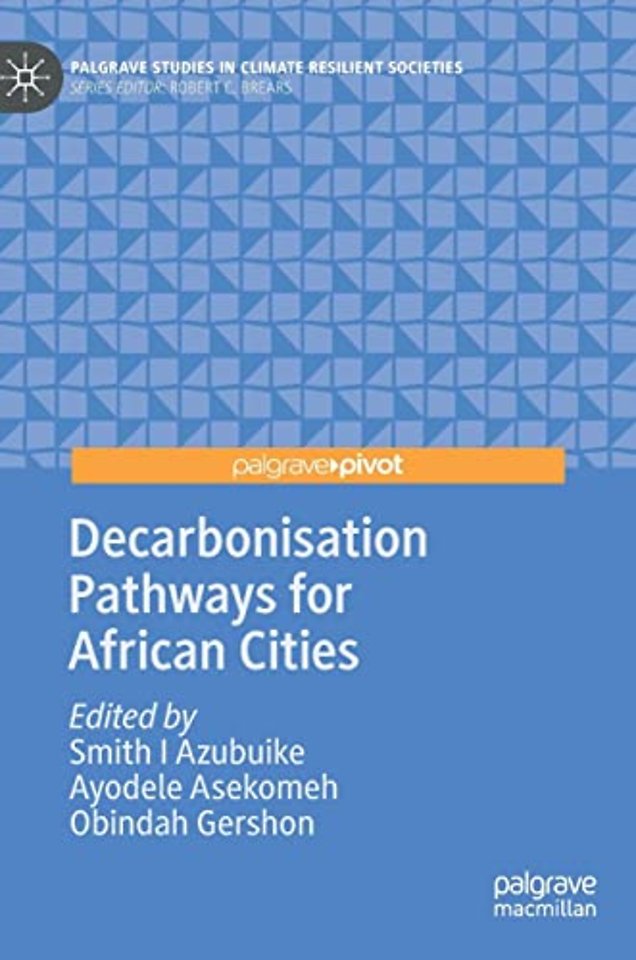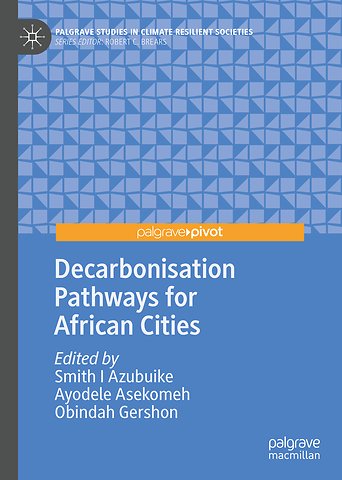Decarbonisation Pathways for African Cities
Samenvatting
This book examines the pathways to decarbonising African cities, structured around strategies and applications in renewable energy, waste management, healthcare, telecommunication, education and governance reconfigurations for Petro-cities. Throughout the book the authors highlight infrastructural, governance and policy approaches to drive decarbonisation. Opening with chapters focused on propositions for solar urban planning and scope for decarbonisation in waste management the book then moves on to examine innovative strategies for a low-carbon healthcare sector. The authors then discuss the use of hybrid power systems at remote telecommunication sites, their deployment on university campuses, and how this can be optimised to reduce carbon emissions. Further chapters explore government, private sector and civil society actions for decarbonising Kenyan cities and an overview of the political economic choices for decarbonising Petro-cities. Finally, closing chapters propose mechanisms for translating COP26 takeaways to decarbonisation policies and a low-carbon framework for African cities.

